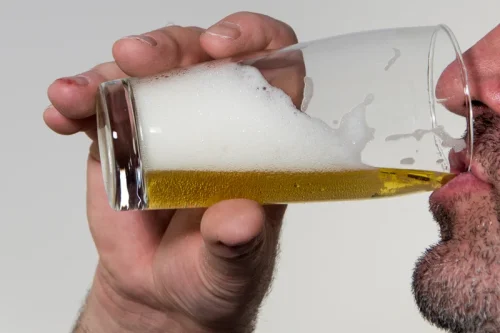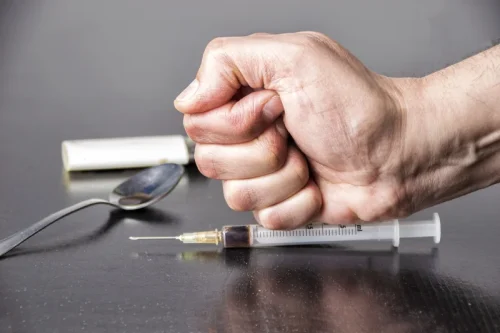Creating an Effective Relapse Prevention Plan: Tips and Strategies

This could involve going to a bar or liquor store, contacting your dealer, or retrieving your old stash. BetterHelp can connect you to an addiction and mental health counselor. BetterHelp offers affordable mental health care via phone, video, or live-chat. Asking for help is not a sign of failure but rather a sign that you understand what is happening and need assistance.

Personalizing Your Safety Plan
- Having the ability to talk to others that understand your recovery process can help.
- Studies have proven that having a relapse prevention plan increases your odds of success.
- As such, it is vital to have a plan for how to avoid relapse and what to do if it does happen to you.
When facing a relapse, it can be helpful to reinvest energy and time into support groups. If you have a sponsor, they should be one of the first people you turn to if you feel like a relapse is a possibility. Since they’ve likely been in your shoes, they may have some insight and suggestions. Contacting the supportive people in your life can have a tremendous impact on cravings and relapse. The phrase “cravings” is used to refer to the feeling someone has when they wish to use again. However, if you have a solid plan to confront such cravings, a relapse won’t be on the radar.

Seeking Support After Relapse
- In this article, we will explore five ways that may help prevent a person in recovery from returning to drug or alcohol use.
- The whole journey requires making lifestyle changes and developing healthy coping mechanisms.
- We will also outline some of the common warning signs of alcohol relapse as well as what to do when an alcoholic relapses.
- Therefore, they feel it is defensible or necessary to escape their negative feelings.
Talking openly about a lapse or relapse with a care team can help you develop and strengthen your relapse prevention plan and identify how to get back on track with your recovery goals. More broadly speaking, I believe that recovering individuals need to learn to feel comfortable with being uncomfortable. They often assume that non-addicts don’t have the same problems or experience the same negative emotions.
Understanding Relapse Prevention Plans
The more specific your action plan is, the better, as this means you will be less likely to come within close reach of a relapse. Most often, a relapse prevention plan is a written document a person creates with their treatment team and shares with their support group. The plan offers a course of action for responding to triggers and cravings. Creating a personalized relapse https://ecosoberhouse.com/article/how-to-naturally-reduce-alcohol-cravings/ prevention plan with the help of a professional is essential to prevent relapse successfully. The plan should be revisited regularly to update strategies based on success rates. Within the framework of a relapse prevention plan, individuals identify potential triggers—those circumstances, emotions, or situations that could tempt them back towards substance use.

Addiction Treatment Programs
- The information we provide is not intended to be a substitute for professional medical advice, diagnosis or treatment.
- Clients are encouraged to identify whether they are non-users or denied users.
- It’s important to know which triggers might cause you to relapse and come up with strategies for managing them.
- There are people that care about you and are eager to help you get through these tough times.
Medications can help you manage withdrawal symptoms before they trigger a relapse. It takes time to get over a dependence, deal with withdrawal symptoms, and overcome alcohol relapse statistics the urge to use. A relapse prevention plan must be customized to the individual and their specific needs, preferences, and surrounding resources and support system.
Finding Support
One of the most widely used relapse prevention techniques is the HALT model. The acronym “HALT” stands for Hungry, Angry, Lonely, and Tired—four common conditions that can trigger a relapse. Because everyday life contains many triggers, relapse is common among people trying to get over their disorder.
It’s essential to understand the warning signs of relapse, which may include sudden changes in behavior or mood, neglecting responsibilities, and increasing isolation from loved ones. Additionally, triggers such as stress, social pressure, or personal problems can contribute to relapse. The key to long-term success in overcoming addiction and its negative consequences is developing healthy strategies for relapse prevention. The whole journey requires making lifestyle changes and developing healthy coping mechanisms. A person’s support system may also play an important role in recovery and the avoidance of relapse. Communication skills and the overall family dynamic may improve through family therapy as well.
